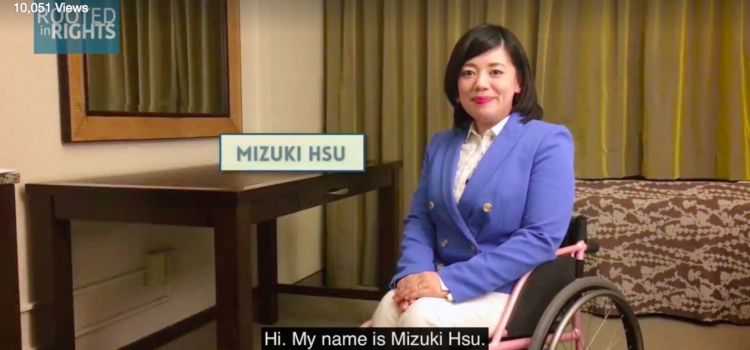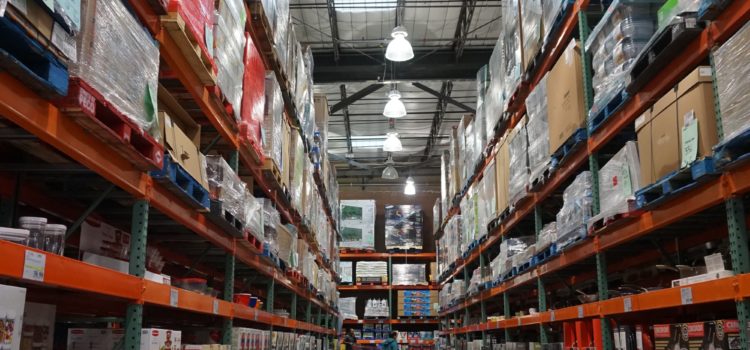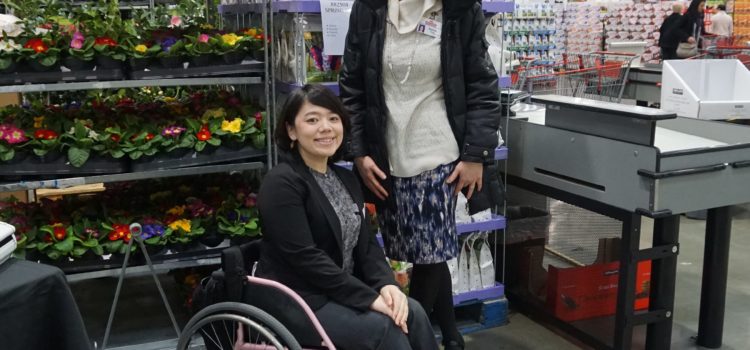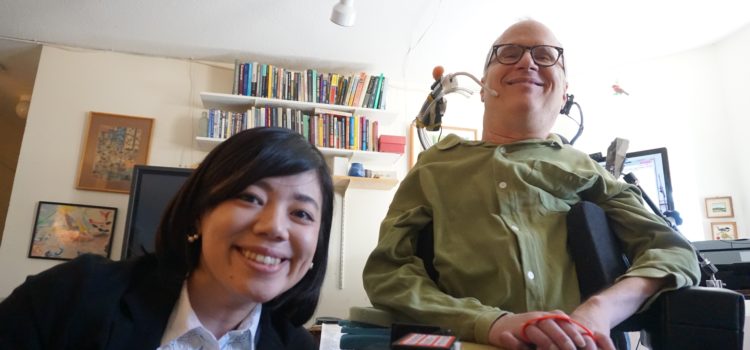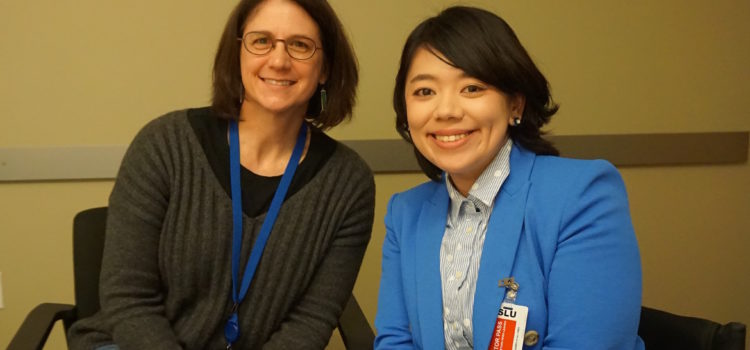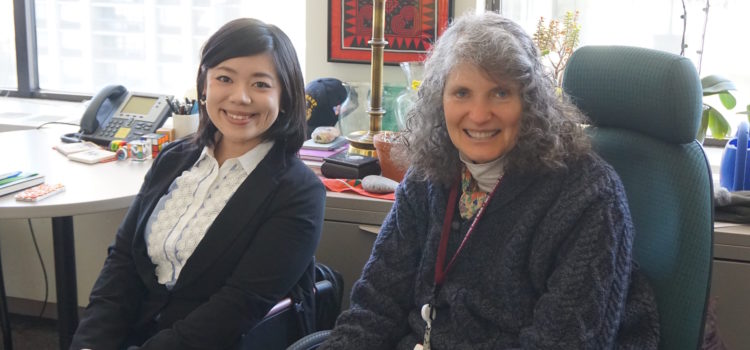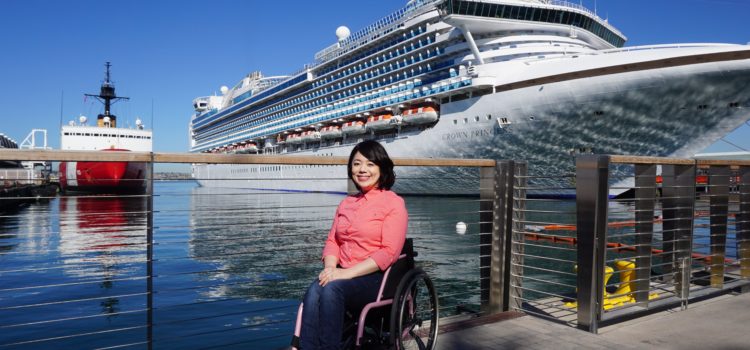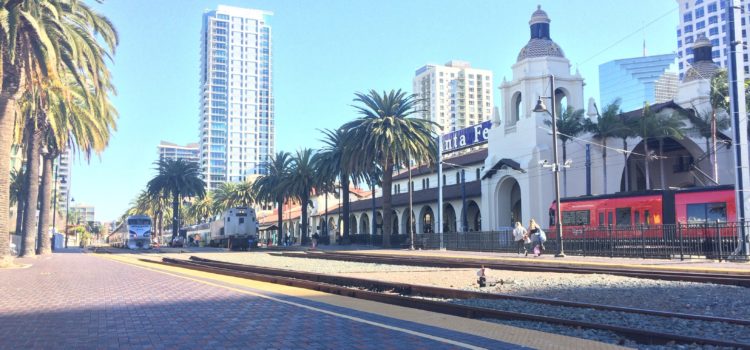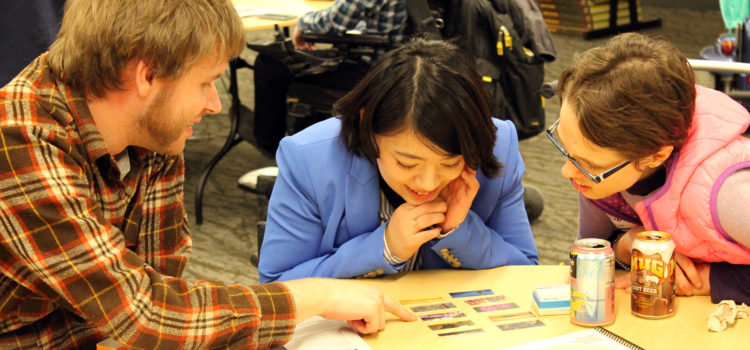Rooted in Rights, an advocate group of human right for people with disability, invited me to feature in their filming projects in February when I was in Washington interviewing Disability Rights Washington. I grabbed the chance and said yes right away! I am very lucky to have this opportunity to talk about the employment-related challenges people with disabilities faced in Japan. Through working with Rooted in Rights, I shared the issues in Japan that I have noticed and my vision to change that.
The film was just released yesterday. You can watch it here!

